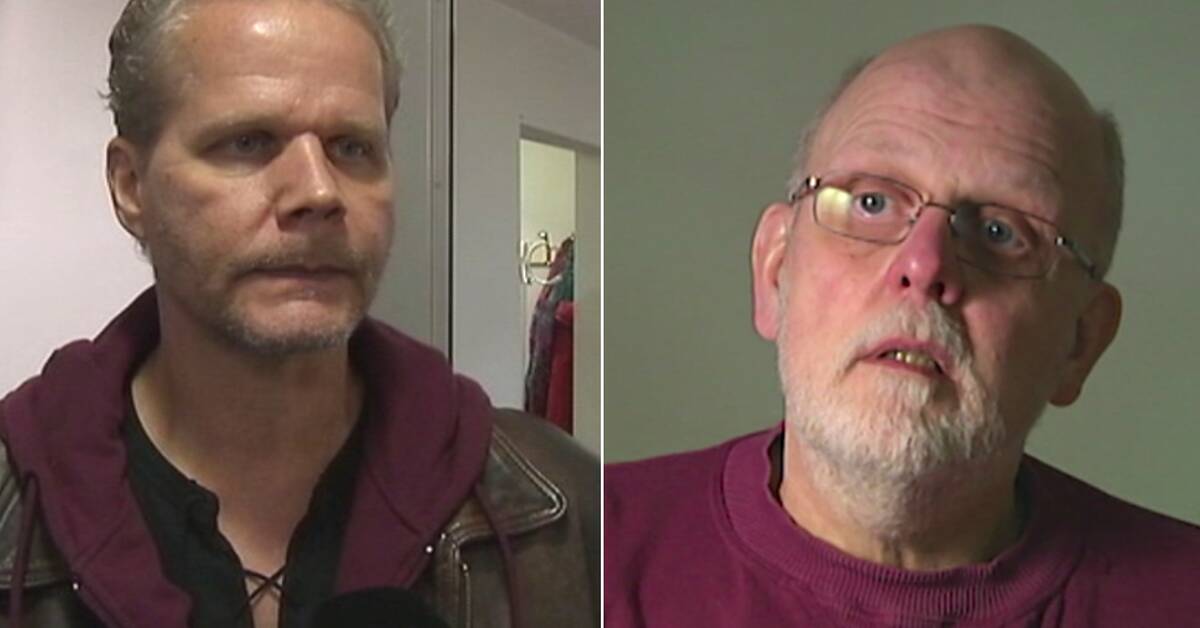As in all other respects, the Thomas Quick case is unique in this context as well.
He was convicted between 1994 and 2001 for a total of eight hitherto unsolved murders in Sweden and Norway, including the highly acclaimed Johanfallet in Sundsvall.
The 11-year-old's traceless disappearance in the autumn of 1980 was the first thing Quick - who later took back his original name Sture Bergwall - took on, where he stated that he had abducted and killed Johan.
Took everything back - acquitted
In June 2001, he was convicted of the murder of Johan, and it was the last unsolved murder he was convicted of - largely based solely on his own confessions.
Seven years later, he withdrew all murder orders in SVT's Assignment review.
It was the beginning of a long-standing uprising process where the basis for all murder convictions against Quick / Bergwall was tried by new prosecutors separately.
It all ended with all the convictions against him being overturned.
As an acquittal, he later demanded SEK 15 million in damages, a claim that was rejected by the Chancellor of Justice (JK) in 2018.
Very unusual
It is very unusual for the Supreme Court to decide on redress in cases where the accused has been acquitted in a previous trial.
In 2006, a man was convicted of murder in the Göta Court of Appeal.
Afterwards, he withdrew his previous confession and instead pointed out his co-accused parents as the culprits.
After HD received new evidence in the case, there was an uproar for both the convicted man and his previously acquitted parents in the case.
In 2010, the Court of Appeal over Skåne and Blekinge acquitted a man accused of murder.
After new evidence emerged in retrospect, HD granted the rise.
It ended with the man being acquitted again after a new trial in the Court of Appeal because the new evidence was still not considered sufficient for a conviction.

